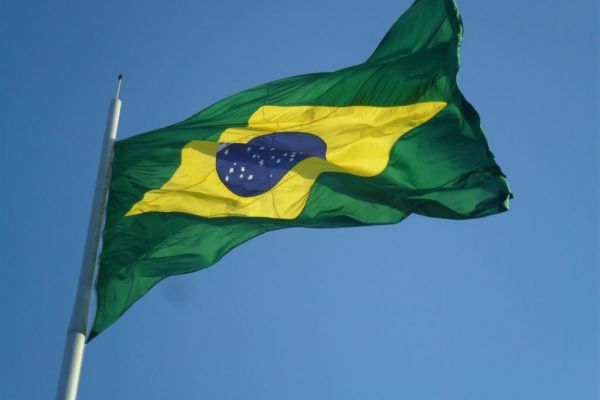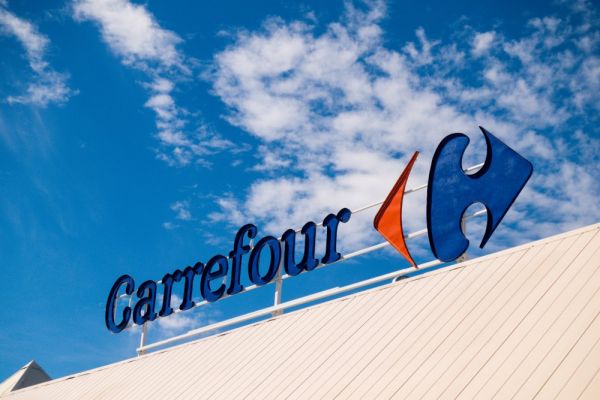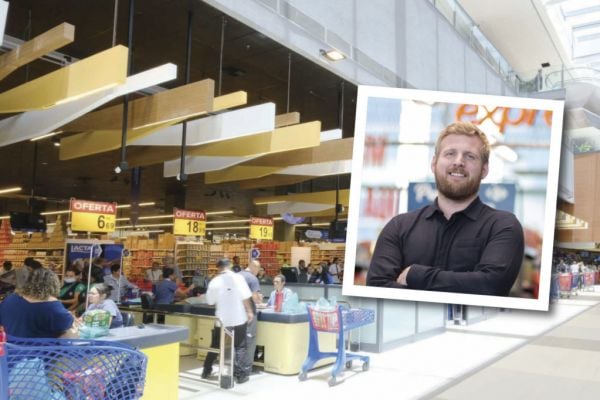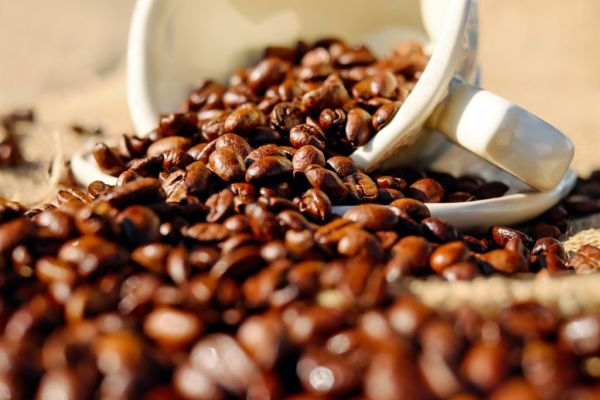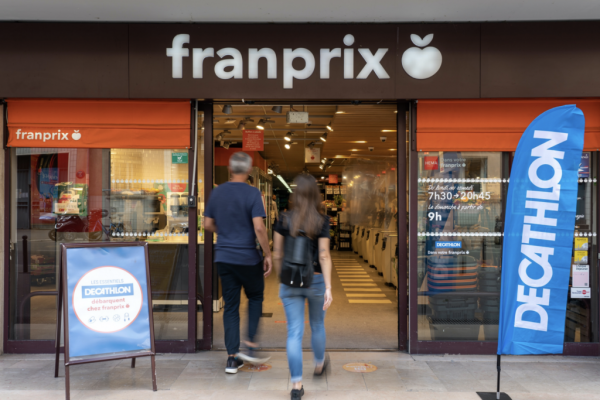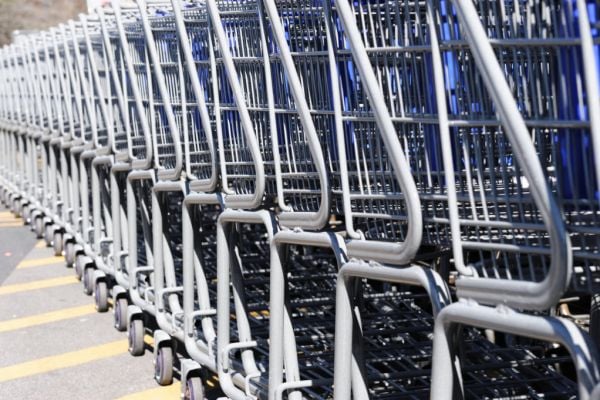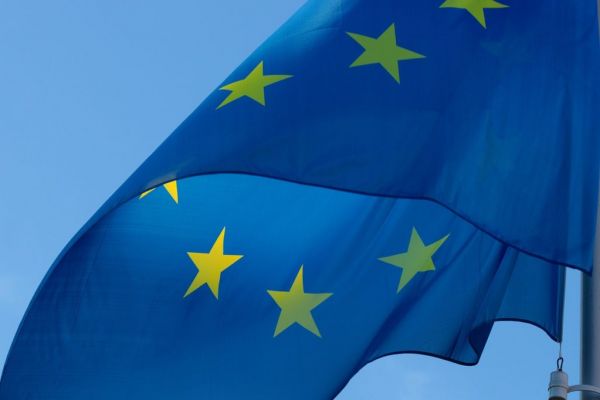Brazil's consumer prices fell more than expected in July, with the benchmark index recording its largest monthly drop ever, in the wake of a string of tax cuts and interest rate hikes, the country's statistics agency said.
Prices in Latin America's largest economy fell 0.68% last month, the IBGE statistics agency said. Economists polled by Reuters had forecast a 0.65% drop in the Extended National Consumer Price (IPCA) index.
It was the lowest rate recorded since inflation measurements began in January 1980, IBGE said.
The drop took inflation in the 12 months through July to 10.07%, down from an increase of 11.89% in the previous month, though still far above the central bank's target of 3.5%, plus or minus 1.5 percentage point.
July's decline followed an aggressive monetary tightening cycle as Brazil's central bank took the benchmark interest rate to 13.75% from a record low of 2% in March 2021.
Economists now wonder if the rate hikes will cease.
Monetary Policy
In the minutes from its last meeting, also released on Tuesday, the central bank's monetary policy committee indicated the tightening may have come to an end.
William Jackson, chief emerging markets economist at Capital Economics, said "at the margin, this data release increases the likelihood that the central bank will keep interest rates unchanged (rather than opt for a final 25-basis-point hike) at its next meeting in September."
He also noted, however, that the sharp drop in prices last month was concentrated in the energy category following tax cuts, while inflation in most other price categories remained "extremely strong."
According to IBGE, transportation costs dropped 4.51% due to fuel tax cuts and as state-run oil company Petrobras lowered gasoline prices at its refineries.
Housing costs fell 1.05% in the period, as the same bill that lowered state tariffs levied on fuel provided a tax cut for electricity and communication services by including them on a list of "essential" services.
"Those were the two groups, the only ones with a negative reading, that dragged the overall index down," said Pedro Kislanov, research manager at IBGE.
Food and beverage prices, a key part of the overall index, rose 1.3% in July.
Read More: Coffee Prices Seen Falling Ahead Of Bumper Brazil Crop
News by Reuters, edited by ESM – your source for the latest retail news. Click subscribe to sign up to ESM: European Supermarket Magazine.
